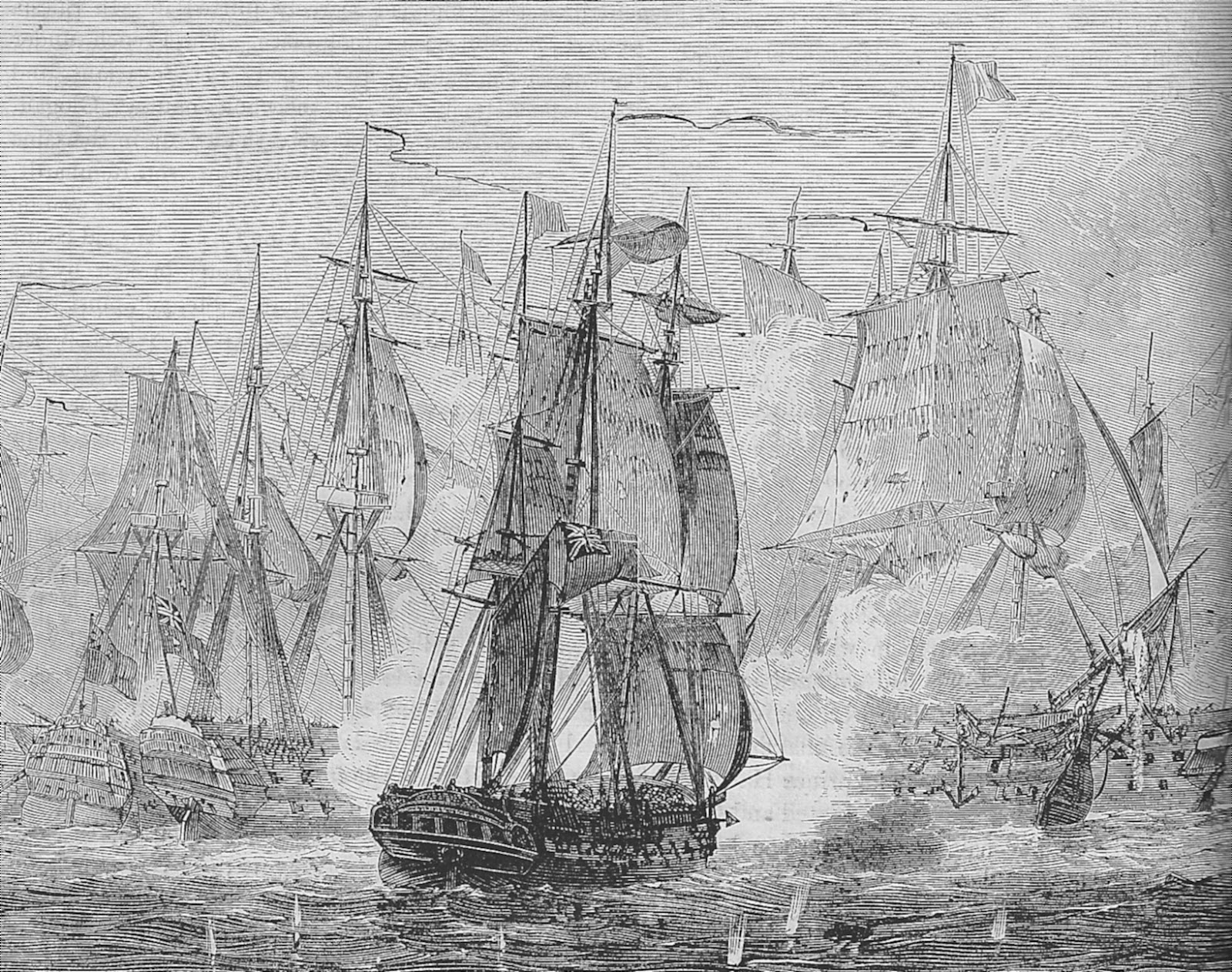This year we
remember the outbreak of the First World War, and the sacrifices made by previous
generations. But to Jane Austen’s contemporaries,
the 'great war' was the seemingly endless conflict with France (punctuated by
battles with America). The
country’s defence brought opportunities for patriotic young men; the navy was a popular career for younger sons
of the middle classes.
Lads
began training either at sea as an apprentice under a captain’s patronage, or
at the Royal Naval Academy, Portsmouth. Jane
Austen’s sailor brothers Francis (1774–1865) and Charles (1779–1852) trained at
Portsmouth. Jane and her sister Cassandra wrote to their sailor brothers while they were away at sea, and swapped news of their whereabouts and engagements with the enemy. Like Persuasion’s
Anne Elliot, they had to 'pay the tax of quick alarm for belonging to that
profession’.
Frank was bitterly disappointed when he and his ship Canopus missed the thrilling battle of Trafalgar in 1805, and he wrote to his sweetheart Mary Gibson (27 October):
‘To lose all share in the glory of a day which surpasses all that ever went before
is what I cannot think of with any degree of patience’. But the following year, the Canopus took part in Sir John Duckworth’s victory over the French
at St Domingo - some consolation for Frank.
You can find out more about Jane Austen's 'great war' in my latest feature for the May/June issue of Jane Austen's Regency World.
Images:
Above, left: Gymnastics: The Climbing Stand. Used to help train boys for
the navy. Mirror of Literature,
Amusement, And Instruction, 20 May 1826. Author’s collection.
Defeat of the French fleet (above, right) by Sir John Duckworth off St
Domingo. Frank Austen took part in the action.
Cassell’s Illustrated History of
England Vol. VI, (Cassell, Petter and Galpin, c.1864). Author’s collection.
HMS Victory at
Portsmouth (left). Heroes of the British Navy, Frederick Warne & Co., c.
1900. Nigel Wilkes Collection.



No comments:
Post a Comment